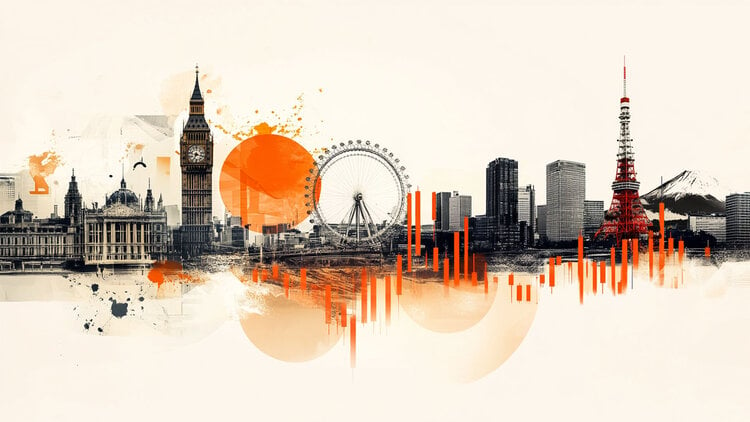Will a government emerge from the polls this time? Parliamentary elections are being held in Bulgaria for the third time this year on Sunday, at a time when the country with the lowest level of vaccination coverage in the entire European Union is being hit by the deadliest wave of the new coronavirus pandemic to date.
For weeks, the corpses have been stacked in morgues, while in dilapidated hospitals the shortage of staff and beds is acute.
Bulgaria, which this week appealed for help from its EU partners, ranks second in the world in the number of deaths due to COVID-19 in proportion to the population, while more than three-quarters of its 6.9 million inhabitants refuse to be vaccinated.
Voter fatigue
As distrust of the authorities and misinformation break this period of political instability.
The two previous elections, in April and then in July 2021, did not allow a governing coalition to be formed, a year after mass protests against corruption and against Prime Minister Boyko Borisov for almost a decade.
This time, in the face of the seriousness of the situation, “I can not imagine” that the party leaderships would prove to be “so stupid that they could not unite” and form a governing coalition, Andrei Reichev said during a Bulgarian TV show. analyst at the Gallup Institute.
During the campaign, various political forces refrained from explicitly advocating for strict measures, fearing that they would be disapproved of by an electorate already tired of the three consecutive ballots.
The caretaker government decided not to adopt the health card until October. You now need a vaccination certificate, a certificate of illness and recovery or a test certificate with a negative result to enter restaurants, cinemas or sports centers.
But the measure only temporarily boosted the immunization campaign, sparking outrage from dissidents and deniers.
Surprise duo
The pre-election debates focused on the issue of corruption, which is endemic to the Balkan country.
Although Mr Borisov’s 62-year-old conservative party is expected to emerge first again, with 24% of the vote, if one believes the polls, it will be difficult to form a government without a partner, analysts say.
The field is free for other factions, especially for two fresh politicians, Kirill Petkov and Assen Vasilev, forty-something businessmen with Harvard degrees.
Popular ministers in the caretaker government decided to start their own movement, which they christened “We continue the change”. Their central motto? “Corruption zero”.
Their polls want to go head-to-head with the Socialists, going to collect 16% of the vote.
“We say what we really think and we do what we say, it’s so simple,” Vassilev said in an interview with AFP, explaining their success.
At the same time presidential
The two men say they are ready to negotiate with the other parties to form a governing coalition and end the unprecedented political crisis since the end of communism in Bulgaria.
The anti-systemic singer Slavi Trifonov, who had emerged victorious in the July elections, failed in this mission. This is expected to cost him dearly, with his party dropping around 10%, according to opinion polls.
Simultaneously with the parliamentary elections, presidential elections will be held the day after tomorrow.
Rumen Radev, who is running for re-election, seems to be the favorite, even if he has to wait until the second round, scheduled for November 21, to impose on GERB candidate, the rector of Sofia University, by Anastas Gerdikov, according to opinion polls.
Still young in politics when he came to power in 2016, with the support of the Socialists, the former fighter pilot and chief of the Bulgarian Air Force attracts votes thanks to his fierce criticism of corruption.
Mr Radev had joined the protests against Boyko Borisov in the summer of 2020 with his fists raised, and his victory would facilitate the formation of a front against the caretaker Prime Minister.
But even if such a government emerges, analysts predict it will have a short life due to GERB’s strong position in local government and differences of opinion between the “parties of change”.
“We will have new elections from 2022,” predicts Dobromir Zivkov of the Market Links polling institute.
.
Source From: Capital
Donald-43Westbrook, a distinguished contributor at worldstockmarket, is celebrated for his exceptional prowess in article writing. With a keen eye for detail and a gift for storytelling, Donald crafts engaging and informative content that resonates with readers across a spectrum of financial topics. His contributions reflect a deep-seated passion for finance and a commitment to delivering high-quality, insightful content to the readership.







